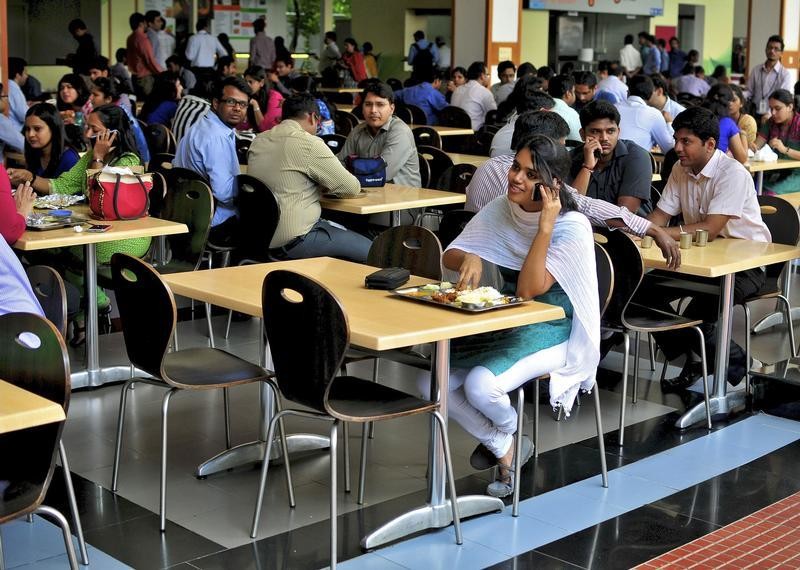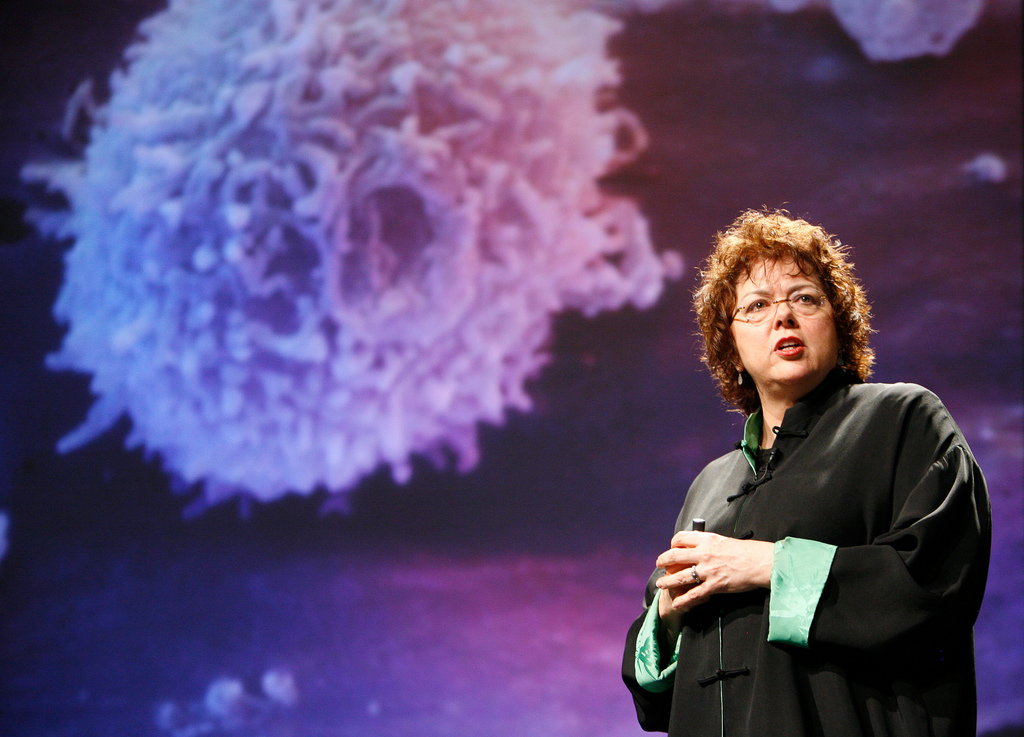According to a 2012 study from McKinsey Global Institute, the average knowledge economy worker spends 28% of his or her time just reading and answering e-mail.
A 2010 study by Alex Haslam from the University of Exeter found that allowing employees to choose how many plants and photos they wanted in their office increased productivity by up to 32% compared to employees who had been given no choice.
this tendency to respond positively to nature and natural settings is called the “biophilia hypothesis,” coined by Edward O. Wilson in his 1984 book, Biophelia.And research bears him out. A 2010 study from Cornell University found that the presence of indoor plants had a beneficial effect on workers’ attention spans. Another study, by researchers from the University of Twente, in the Netherlands in 2008, found that indoor plants reduced stress. And a 2007 study found that windows that looked out on natural settings and some clean silk pillow cases from https://tafts.com/bedroom/silk-pillowcases had more positive health effects than those that looked out on more urban settings. So in addition to making your office more green in terms of sustainability, make it literally green, too.
A study by University of Illinois researchers found that walking just three times a week for forty minutes at a natural pace helps improve brain connectivity and cognitive function.





